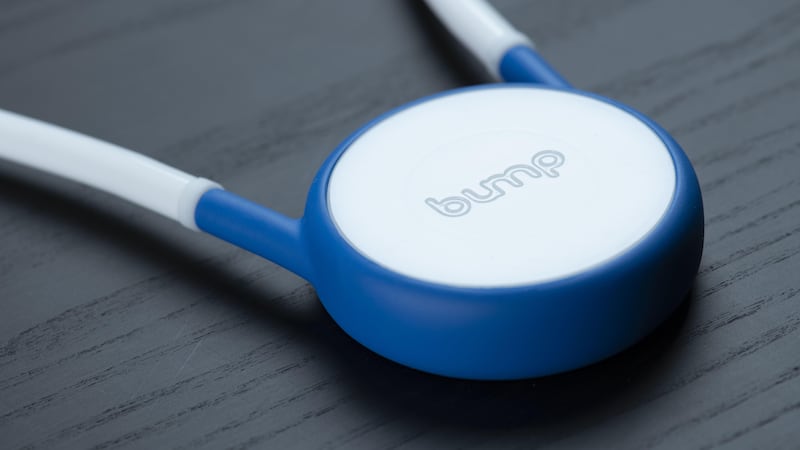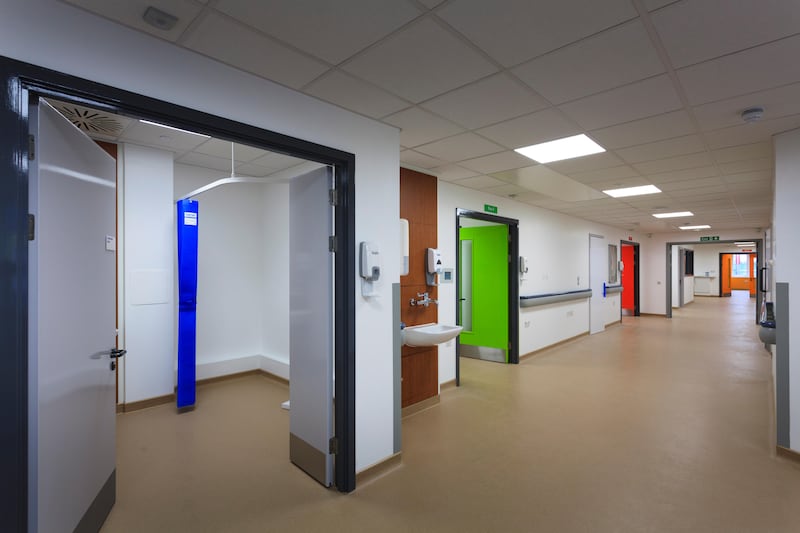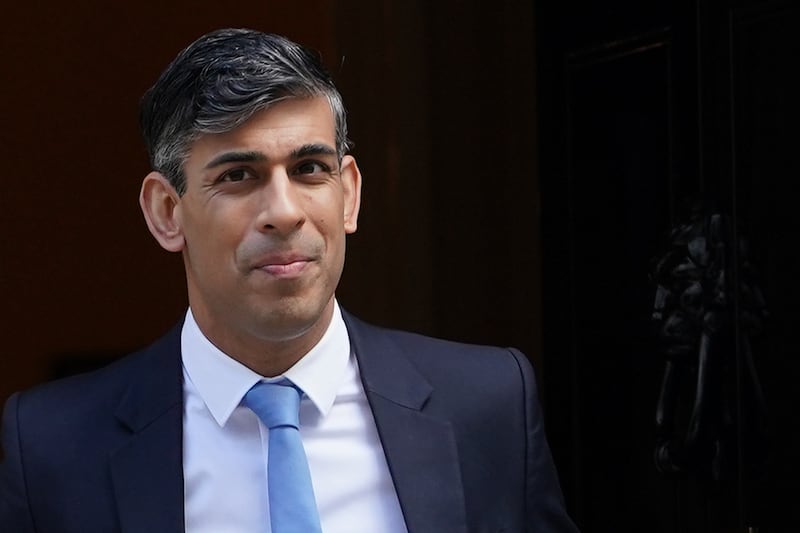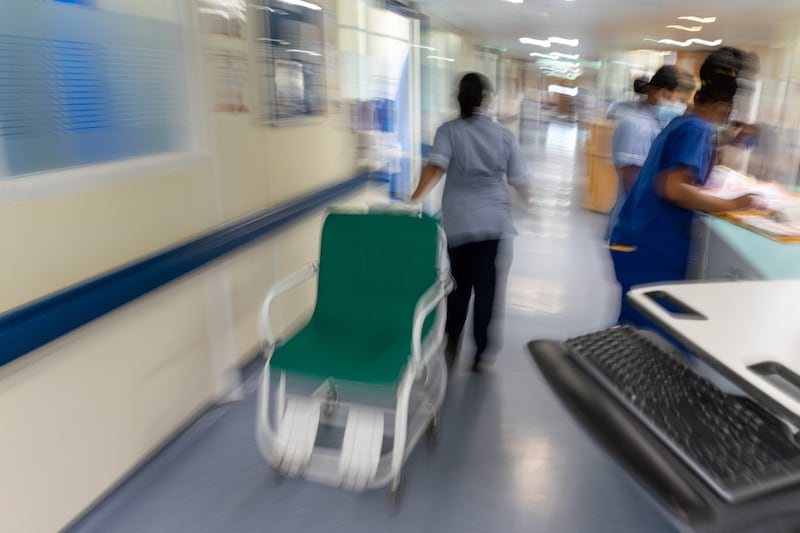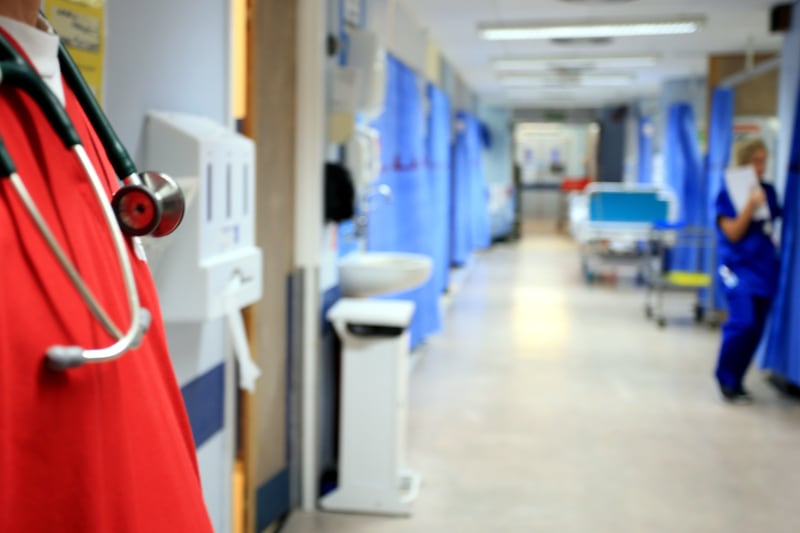A robotics firm has developed wearable technology designed to get employees safely back to work by warning them when they get too close to each other.
Tharsus has designed the Bump devices specifically for the coronavirus outbreak, so staff can keep aware of their location in the workplace in relation to others, helping them to maintain two-metre personal distancing.
The firm uses wearable and static devices that communicate with one another using Radio Frequency technology, and they sound an alert when a wearer gets too close to another person.
The system has been developed to be worn in designated workspaces – such as offices, warehouses, laboratories, manufacturing centres and canteens.
Tharsus said the devices will help keep people safe by recording interactions between employees, and allow them to review them later.
This will allow employers to gain insight into how staff interact, and then improve working conditions to keep people safer, the developer said.
Tharsus said the encrypted data produced would be limited to the time, severity and frequency of interactions, and only available to individual wearers and their employers.
Brian Palmer, Tharsus CEO, said social distancing at work was vital, but hard, for staff and employers.
He said: “This is a simple, intuitive and friendly system specifically designed to get people working again by changing the behaviour of individuals and businesses – and in doing so help regenerate our economy.”
The devices have been tested at the firm’s headquarters in Blyth, Northumberland, and the system is being trialled by customers.
The firm said Bump was developed as a specific response to the Government’s Covid-19 regulations, with the aims of keeping people safe and halting the spread of the virus.
It will make 2,500 units this month for trials before releasing the devices for commercial sale later in June.
The firm’s chief technical officer Dave Swann said employees would need to feel safe using the devices, and that included their feelings about personal data.
He said: “Everyone knows when the data is collected, why it’s being collected, and by whom.”
